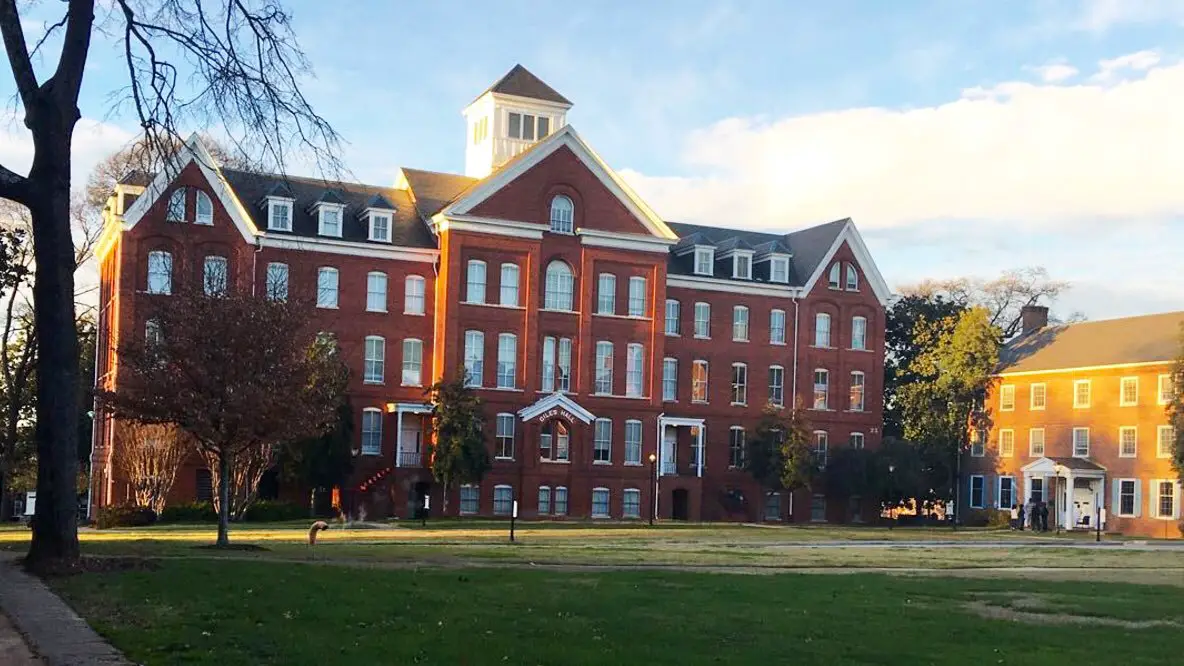Spelman College is creating a chair in Queer Studies, becoming the first historically Black college or university to do so.
The college has decided to name the chair after poet and civil rights activist Audre Lorde and the match the gift from philanthropist Jon Stryker of up to $2 million.
Lorde is well known for his writings on sexuality, race, gender, class, disease, the arts, parenting, and resistance while Stryker is the founder and president of the Arcus Foundation, a private, global grant-making organization that supports the advancement of LGBTQ human rights.
We applaud Jon Stryker and @SpelmanCollege for this historic creation of a queer studies chair. https://t.co/T9G6hqOLSZ
— Alphonso David (@AlphonsoDavid) October 29, 2019
According to the release, the new chair will engage and empower the next generation of LGBTQ advocates and stay attached to the Comparative Women’s Studies Program housed at Spelman’s Women’s Research and Resource Center.
“A chaired professorship in Queer Studies enables the College to build on one of its strengths and that is the Spelman’s educational inclusiveness, spearheaded by the Women’s Research and Resource Center under the stellar direction of Dr. Beverly Guy-Sheftall,” college president Mary Schmidt Campbell said.
Campbell further added that the new chair would deepen the understanding of the students interested in studying sexuality and gender.
Gender Minority Students at Highest Risk of Mental Health Issues



